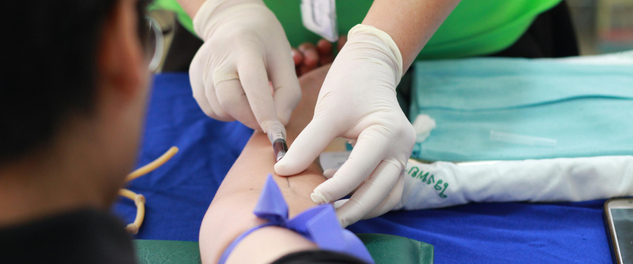
Intensive Care Unit
Our Intensive care unit (ICU) is a specialist hospital ward that provides treatment and monitoring for people who are very ill. Our ICU is staffed with specially trained healthcare professionals and contains sophisticated monitoring equipment.
An individual may require intense care under a variety of different circumstances and medical conditions. Typical justifications include:
- a catastrophic event, like a car crash, severe brain injuries, a violent fall, or severe burns
- a short-term, acute illness like a heart attack or stroke
- a serious infection, such as sepsis or pneumonia,
- Major surgery – depending on the difficulties, this may either be a planned step in your recovery or a last resort.
What To Expect
Patients in an ICU will be continuously monitored by a team of ICU staff, and they may be wired and cabled to various pieces of equipment. Typically, there will be one nurse for every one to two patients. Until patients recuperate, this equipment is employed to keep an eye on their well-being and support their bodily processes. At our ICU, we may use the following equipment:
- a ventilator machine that helps with breathing; a tube is placed in the mouth, nose, or through a small cut in the throat (tracheostomy)
- monitoring equipment used to measure important bodily functions, such as heart rate, blood pressure, and the level of oxygen in the blood
- IV lines and pumps; with tubes inserted into a vein (intravenously) to provide fluids, nutrition, and medication
- feeding tubes placed in the nose, through a small cut made in the tummy, or into a vein if a person is unable to eat normally
- drains and catheters: Drains that are used to remove any build-up of blood or fluid from the body while catheters are thin tubes inserted into the bladder to drain pee.
Frequently, a patient in our ICU is taking both painkillers and sedative medications (sedatives). This is as a result of some of the equipment being used being uncomfortable.




